Earth Month Article
April is Earth Month and Earth Day is Monday, April 22. I want to take this opportunity to lift up the concept of “land ethic” introduced in 1949 by Aldo Leopold in his book A Sand County Almanac. It was certainly a call for all of us to recognize the importance of our relationship with the land, and for us to be an advocate for the land because it is what ultimately sustains and nourishes us all.
Farming has certainly had a profound impact on the land and has evolved from the early days of horse- and tractor-drawn plows where to get crops seeded, residue had to be turned over so that the seedbed was clean, friable, and weed free. But it soon became evident that plowing left the soil vulnerable to erosion and depleted in soil organic matter. Farmers adopted conservation tillage techniques to keep residue on the surface to help reduce erosion, but that left weed seeds in the crop seed zone which led to crop losses from competition. Back in the 1970s, farmers began to experiment with direct-seed no-till farming where soil was no longer tilled, but the technology and knowledge were not well developed and could sometimes result in crop failure. However, progressive farmers have led the way in designing and implementing technologies that have reduced the risk of crop failures while saving soil for future generations. Over time, farmers have recognized that they must do more than just keep soil from leaving the farm, they must be actively complicit in improving soil quality and interacting with the soil as a living organism that supports all terrestrial life. Terms such as regenerative agriculture are now being used to capture this recognition and practice.
Farmers have always had a relationship with the land they farm and have recognized their dependence on good soil and crop production. The “land ethic” that Aldo Leopold wrote about is truly alive and well as farmers adopt every practice they can to improve the quality of the environment around them. But the reality is that farming is not easy, it is not simple, and it is certainly not predictable. Farming is a huge gamble and is highly risky as everything from the weather, energy costs, trade wars, and events out of anyone’s control can result in crop failure, code for million-dollar losses, or losing the farm completely. Furthermore, stress can be extreme and mental health can suffer, and in the U.S., farming is in the top ten for mortality rates. Why would anyone want all this? My belief is that their connection with the land is keeping them going as it is something that goes all the way to the soul.
We often hear that we need to know where our food comes from and know our farmers, and I couldn’t agree more. Most of us have little awareness of what a farmer’s life entails and the range of day-to-day struggles that farmers encounter. With everyone’s busy schedules, it is difficult to make connections, but we should be open to opportunities when they present. One
such resource is a series of interviews with regional farmers conducted by a former Co-op Board member, Carol McFarland, through the PNW Farmers Network. She has interviewed farmers on their farms and produced very illuminating and insightful podcasts. The link to these podcasts is https://www.pnwfarmersnetwork.org/podcast/. Please give these a listen when you have some time and want to hear some great stories. Listen to hear how the “land ethic” is rooted in their perspectives and practices. Listen for how they are committed to protecting the soil and listen for the love they have in their work. And finally, listen for the knowledge, wisdom, and humility that have come through the generations and from years of communing with the land. And maybe we all should re-read A Sand County Almanac just to renew our own connection to the land. Happy Earth Month!
Mark Thorne, Board President
Moscow Food Co-op

